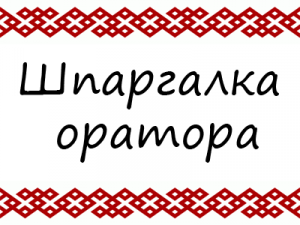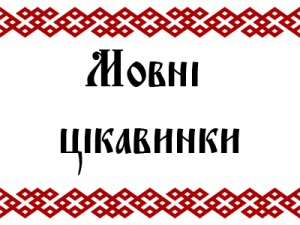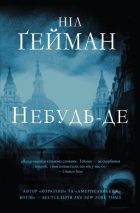Zavadska V.V. The perception of “terrible” in traditional and postmodern verbal culture (the edge of centuries) // International Scientific Conference “Odessa ethnographic reading.” – Odessa: publishing house KP OMD, 2014. – P. 229-239. – Access mode:
https://drive.google.com/open?id=0Bz–cSn9eS7zVTVSeEJIZWpWTXc
The different kinds of verbal response on “terrible” under traditional and postmodern ethnic culture are discussed, before, during and after the contact with “terrible”. In all cases the special kind of communication field is arising as the result of input message transformations and this helps to eliminate the negative feelings caused by the “terrible” event. The “terrible” event or message on it soon becomes the catalyst of the laws of communication and perform different functions at different stages of reaction: the preposition used for communication of bringing people together within the newly created common mythological field and for removal of psychological stress before the expected risk ; directly in the moment of danger – a spontaneous verbal-emotional reaction, on the one hand, is the expression of protective processes of the body, the other – a means of attracting attention. Finally, the postposition – is attempt to get rid of negative emotions through often-repeated story about the “terrible” and the same mythological creation of joint field communication with the audience.
Keywords: fear, terrible, verbal response, traditional culture, ethnic culture.







